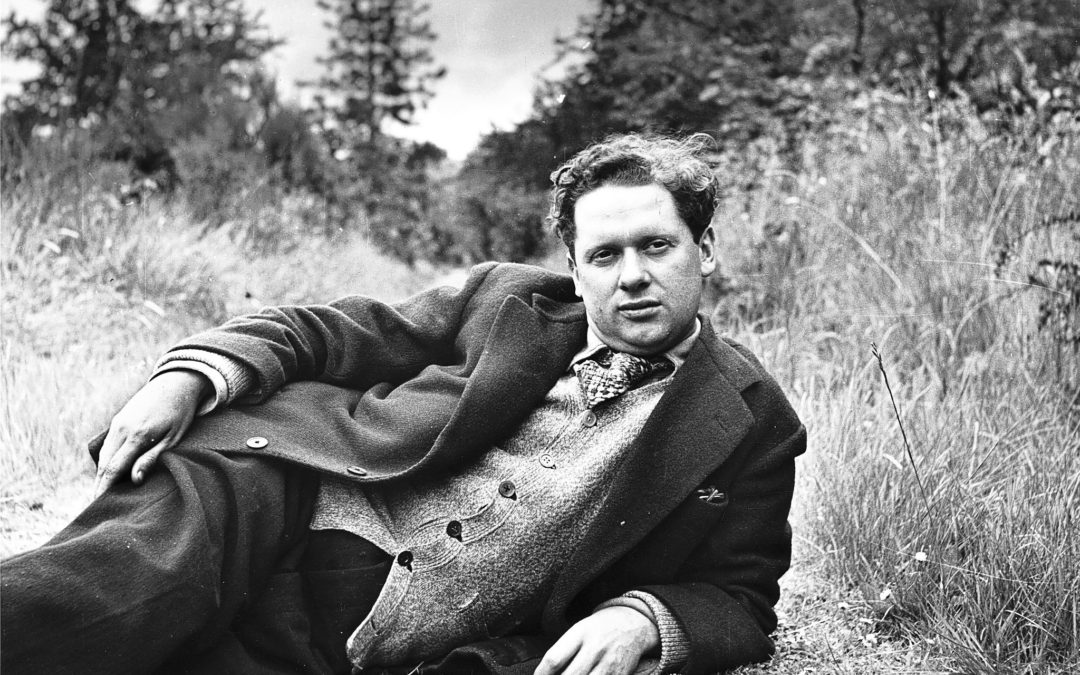 Thomas’s “The Orchards” is a nightmare. It’s a death-in-life story about Marlais, a blocked writer who meets spectral women, demon-lovers, at a horrible picnic. The narrative begins when Marlais contemplates suicide but instead is summoned by...
Thomas’s “The Orchards” is a nightmare. It’s a death-in-life story about Marlais, a blocked writer who meets spectral women, demon-lovers, at a horrible picnic. The narrative begins when Marlais contemplates suicide but instead is summoned by...
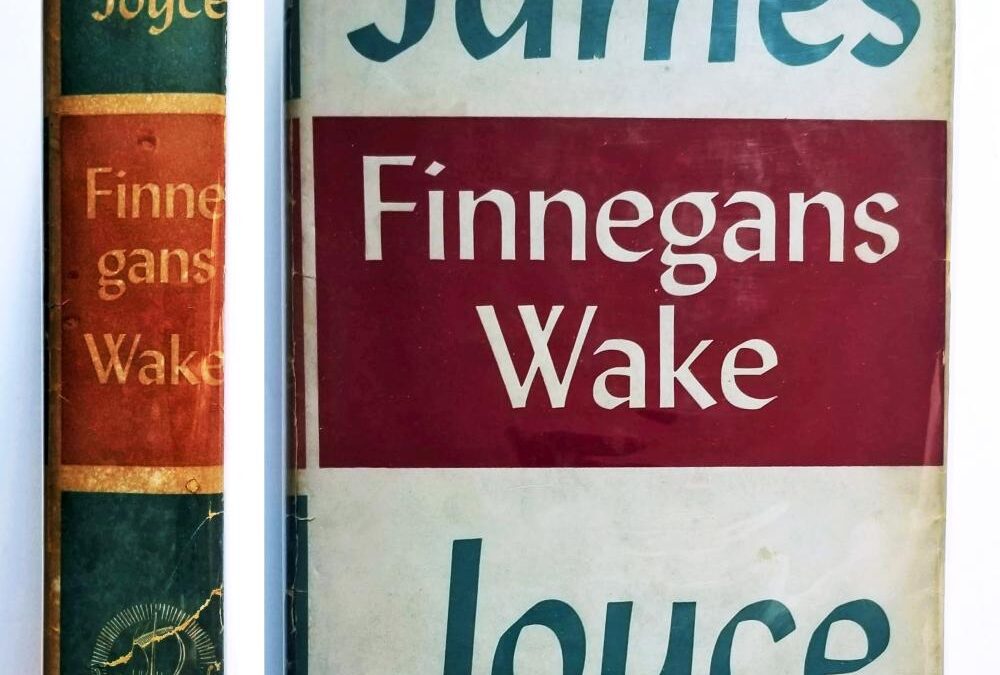 A hodge-podge of wordplay. Joyce’s Finnegan’s Wake (1939), links picnics with lust. You won’t need be lonesome, Lizzy my love, when your beau gets his glut of cold meat and hot soldiering or wake in winter, window machree, but snore sung in my old Balbriggan surtout....
A hodge-podge of wordplay. Joyce’s Finnegan’s Wake (1939), links picnics with lust. You won’t need be lonesome, Lizzy my love, when your beau gets his glut of cold meat and hot soldiering or wake in winter, window machree, but snore sung in my old Balbriggan surtout....
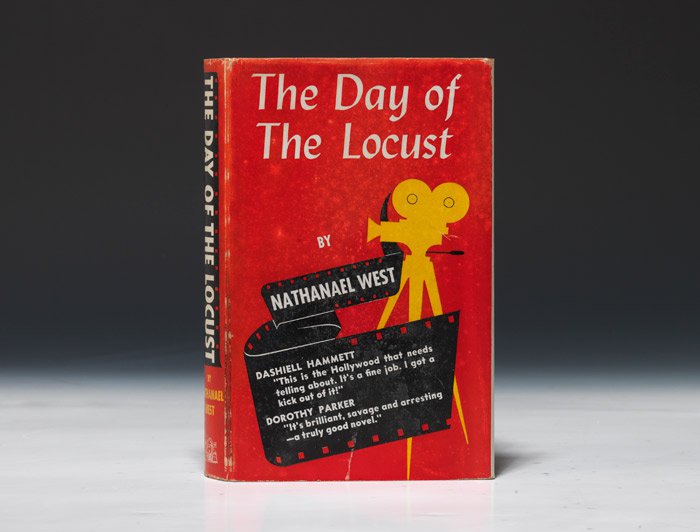 The Day of the Locust may have been the best novel ever written about Hollywood, but Nathanael West and his publisher Random House miscalculated. They believed a biting satire of the film industry and its insidious confusion of illusion and reality would sell, but it...
The Day of the Locust may have been the best novel ever written about Hollywood, but Nathanael West and his publisher Random House miscalculated. They believed a biting satire of the film industry and its insidious confusion of illusion and reality would sell, but it...
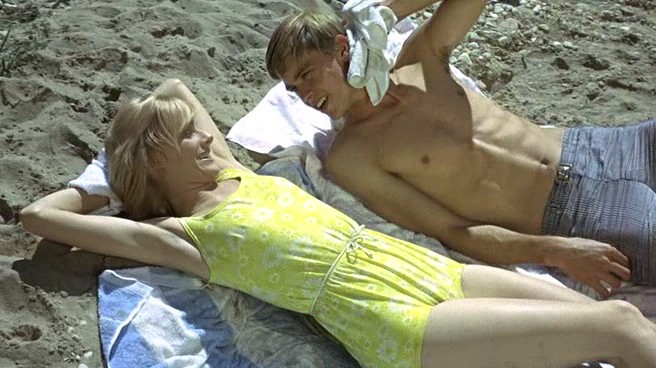 McCullers The Heart is a Lonely Hunter (1940) first-time sexual encounter, Mick Kelly (13), and Harry Minowitz (15), a “Jew boy” with horn-rimmed glasses. Mick is taller than Harry. She’s 5’3″ and 103 pounds. He’s a couple of inches...
McCullers The Heart is a Lonely Hunter (1940) first-time sexual encounter, Mick Kelly (13), and Harry Minowitz (15), a “Jew boy” with horn-rimmed glasses. Mick is taller than Harry. She’s 5’3″ and 103 pounds. He’s a couple of inches...
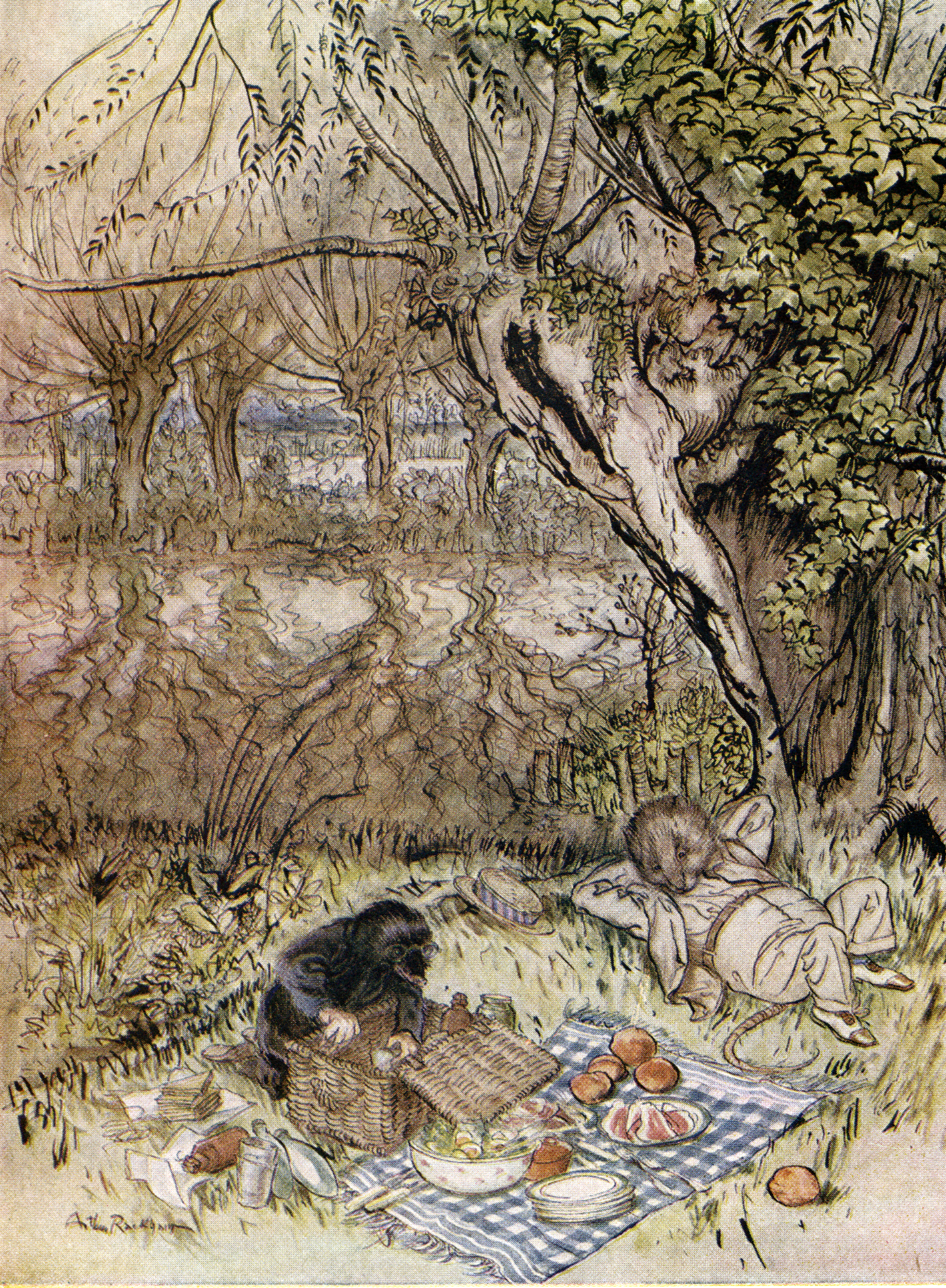 Rackham’s final project was a set of illustrations for Kenneth Grahame’s The Wind in the Willows. He was suffering from rheumatism and dying of cancer. Yet, he completed a series of twelve scenes, two of which are of Ratty and Mole’s picnic on the...
Rackham’s final project was a set of illustrations for Kenneth Grahame’s The Wind in the Willows. He was suffering from rheumatism and dying of cancer. Yet, he completed a series of twelve scenes, two of which are of Ratty and Mole’s picnic on the...
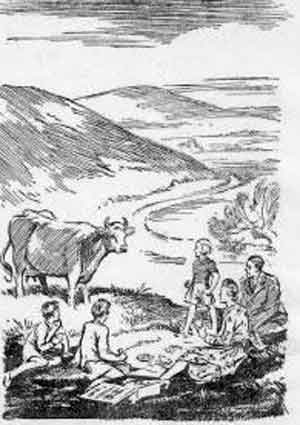 Some of us forget that Enid Blyton is among the top ten best-selling fiction authors of all time. Many, however, remember the phrase “lashings of ginger beer,” associated with her picnics that seems to exist in her Famous Five novels. The Famous Five drink...
Some of us forget that Enid Blyton is among the top ten best-selling fiction authors of all time. Many, however, remember the phrase “lashings of ginger beer,” associated with her picnics that seems to exist in her Famous Five novels. The Famous Five drink...
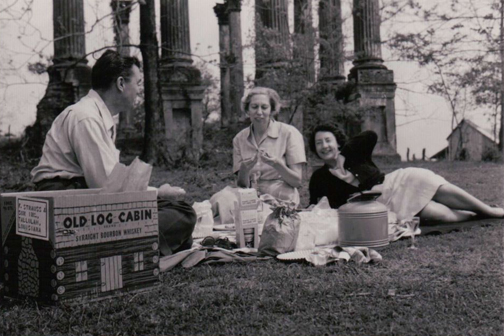 Momentary serenity and happiness are upended in Welty’s “Asphodel,” a humorous picnic story in which three old maids are frightened by the appearance of a naked man. Cora, Irene, and Phoebe plan a picnic at Asphodel, the former home of their recently...
Momentary serenity and happiness are upended in Welty’s “Asphodel,” a humorous picnic story in which three old maids are frightened by the appearance of a naked man. Cora, Irene, and Phoebe plan a picnic at Asphodel, the former home of their recently...
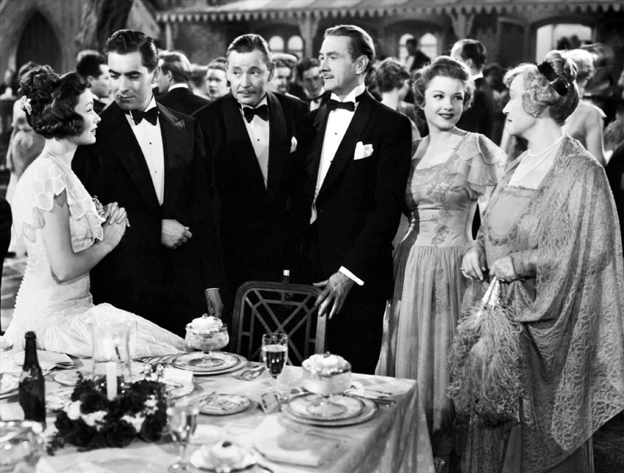 The lovers’ picnic in Maugham’s in The Razor’s Edge fails. The lovers never touch or kiss or even hold hands. Isabel Bradley is young and socially mercenary. But, her lover Larry Darrell wants to “loaf” to find himself. Isabel confronts...
The lovers’ picnic in Maugham’s in The Razor’s Edge fails. The lovers never touch or kiss or even hold hands. Isabel Bradley is young and socially mercenary. But, her lover Larry Darrell wants to “loaf” to find himself. Isabel confronts...
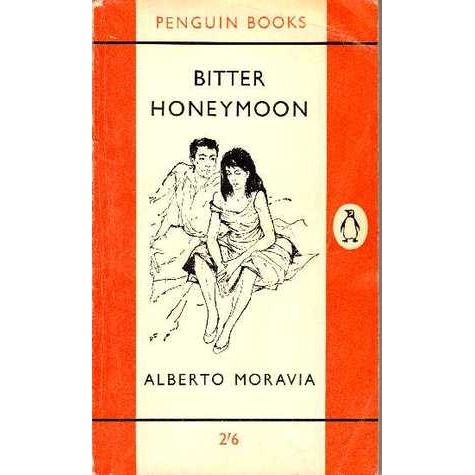 Moravia’s story’s “Back to the Sea” [Ritorno al mare] is about a picnic is without a shred of joy. It’s partly about gender relations and a metaphor for post-war Italy in the guise of a nightmare merénda, In the summer of 1945, Lorenzo,...
Moravia’s story’s “Back to the Sea” [Ritorno al mare] is about a picnic is without a shred of joy. It’s partly about gender relations and a metaphor for post-war Italy in the guise of a nightmare merénda, In the summer of 1945, Lorenzo,...
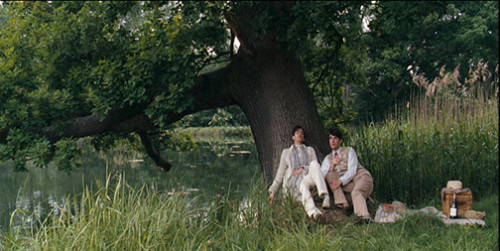 Slightly drunk, Sebastian Flyte looks up at the sky, remarking (mainly to himself), “Just the place to bury a crock of gold,” he says, “I should like to bury something precious in every place where I’ve been happy and then when I was old and ugly and miserable, I...
Slightly drunk, Sebastian Flyte looks up at the sky, remarking (mainly to himself), “Just the place to bury a crock of gold,” he says, “I should like to bury something precious in every place where I’ve been happy and then when I was old and ugly and miserable, I...











